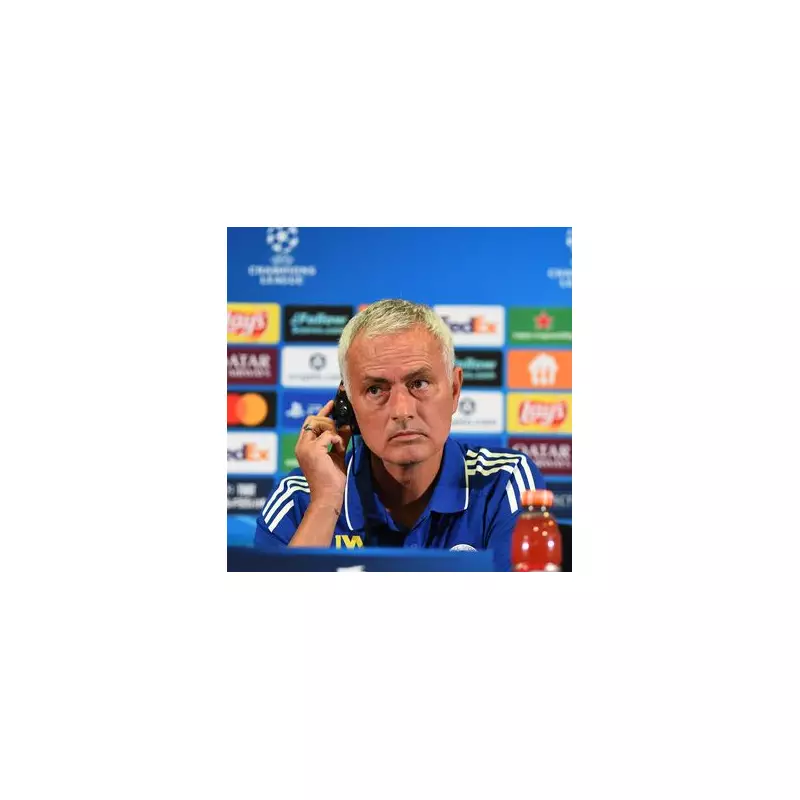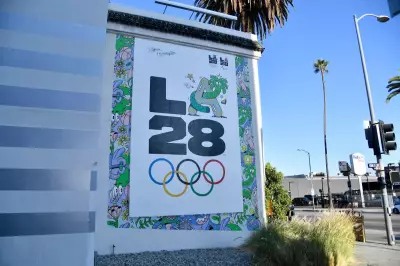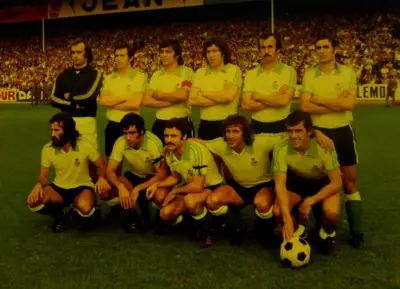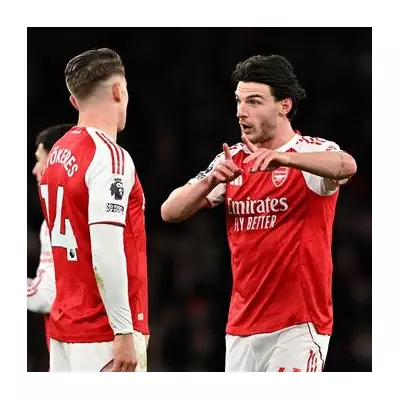
The turbulent reign of Jose Mourinho at Fenerbahce has reached a dramatic conclusion, with the Portuguese manager sensationally dismissed after just months in charge. The club's board made the decisive move following an emergency meeting that lasted a mere 90 minutes, ending one of modern football's most controversial appointments.
According to Turkish media reports, the termination came after Fenerbahce's disappointing pre-season preparations, culminating in a painful 2-1 defeat to Dynamo Kyiv. This loss proved the final straw for club president Ali Koc and the board members, who convened urgently to determine Mourinho's fate.
The Final Straw
Mourinho's departure stems from fundamental disagreements over transfer strategy and squad development. The 61-year-old had publicly expressed frustration with the club's inability to secure his primary targets, creating tension between his vision and the board's financial constraints.
Despite initial optimism surrounding his high-profile appointment, results failed to meet expectations. The defeat to Ukrainian side Dynamo Kyiv exposed persistent tactical issues and squad weaknesses that Mourinho had been unable to address satisfactorily.
A Pattern of Short Tenures
This abrupt exit continues a concerning trend for the self-proclaimed 'Special One'. His recent managerial spells have increasingly ended in acrimony, from Tottenham Hotspur to Roma. Each departure follows a familiar pattern: initial promise giving way to public disputes and premature separation.
Fenerbahce fans, who had welcomed Mourinho with unprecedented enthusiasm, now face another period of uncertainty. The club must quickly identify a successor capable of challenging arch-rivals Galatasaray for domestic supremacy while navigating European commitments.
What Next for Mourinho?
The football world now speculates about Mourinho's next move. Once considered among Europe's elite managers, his recent record suggests top clubs may hesitate to offer another opportunity. However, his proven track record in cup competitions and ability to generate immediate media attention could attract ambitious projects seeking global exposure.
For Fenerbahce, the search begins for a manager who can deliver both results and stability—something that has eluded the Istanbul giants despite substantial investment and frequent managerial changes.





